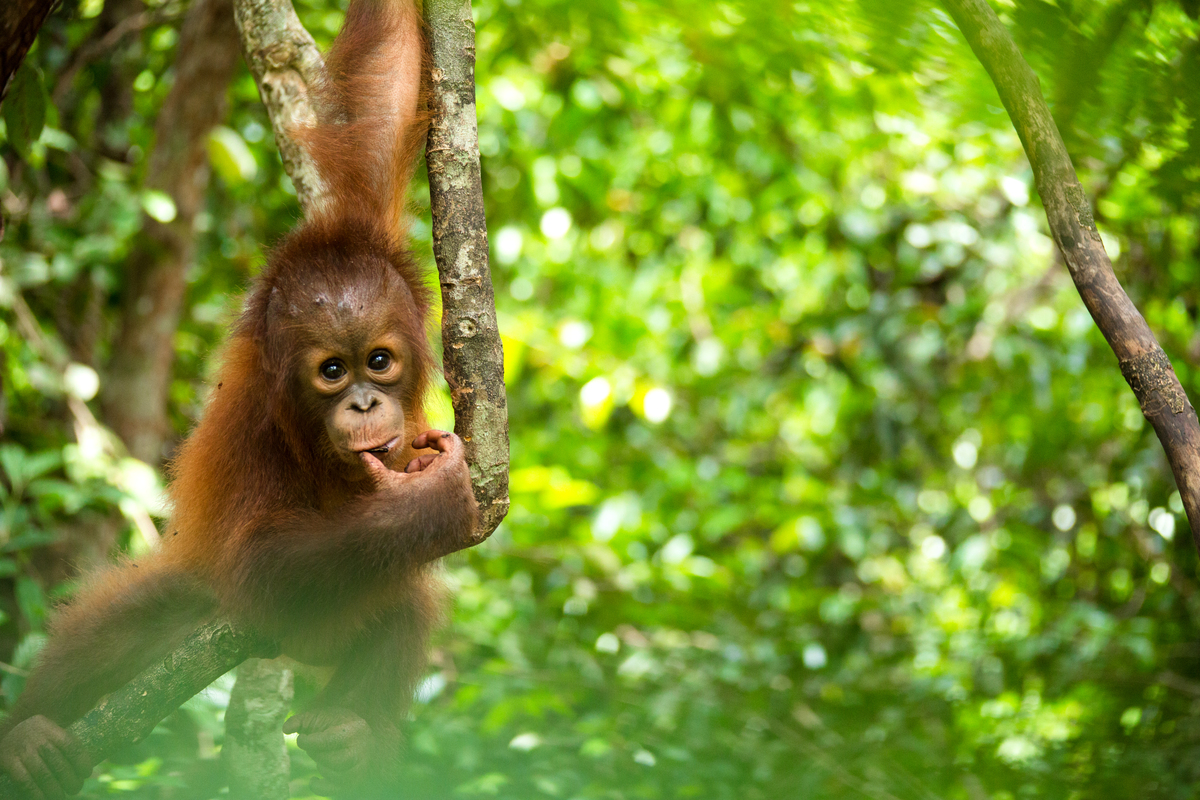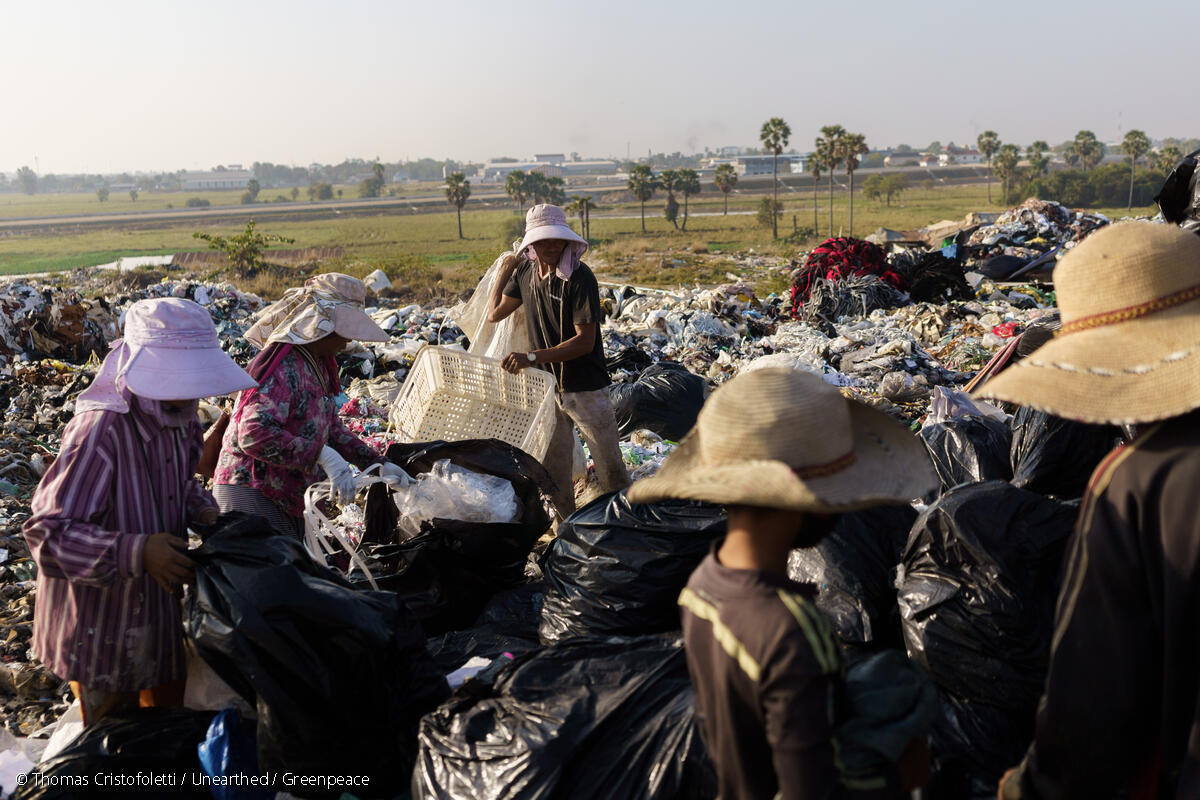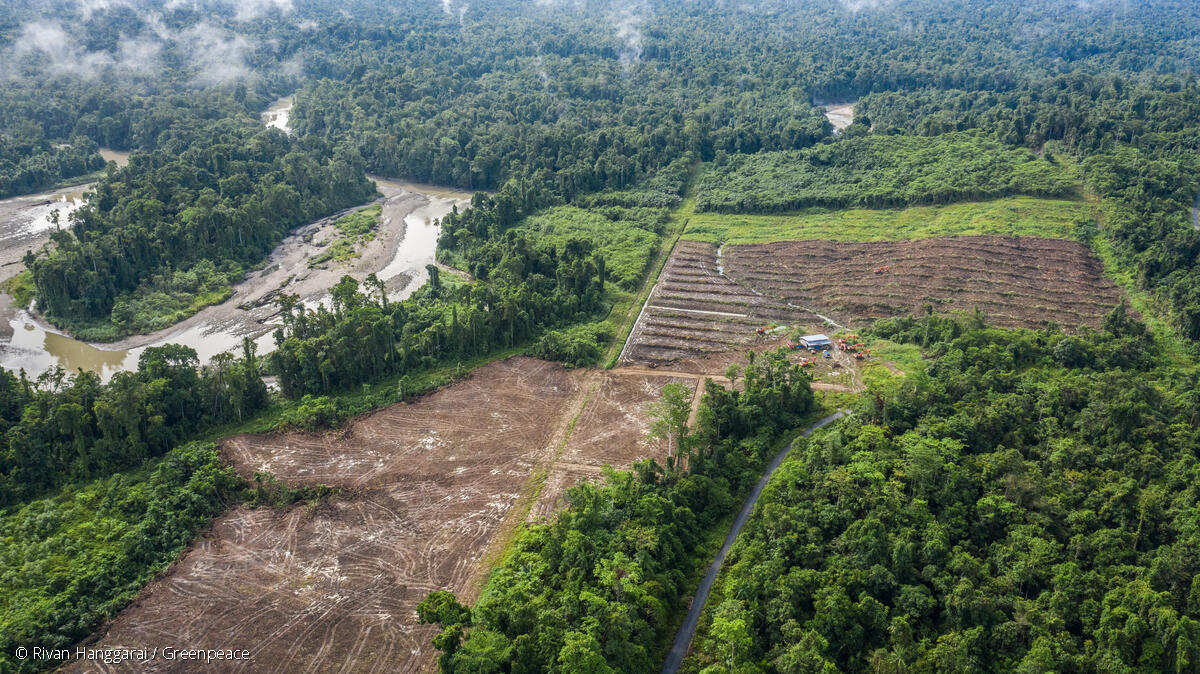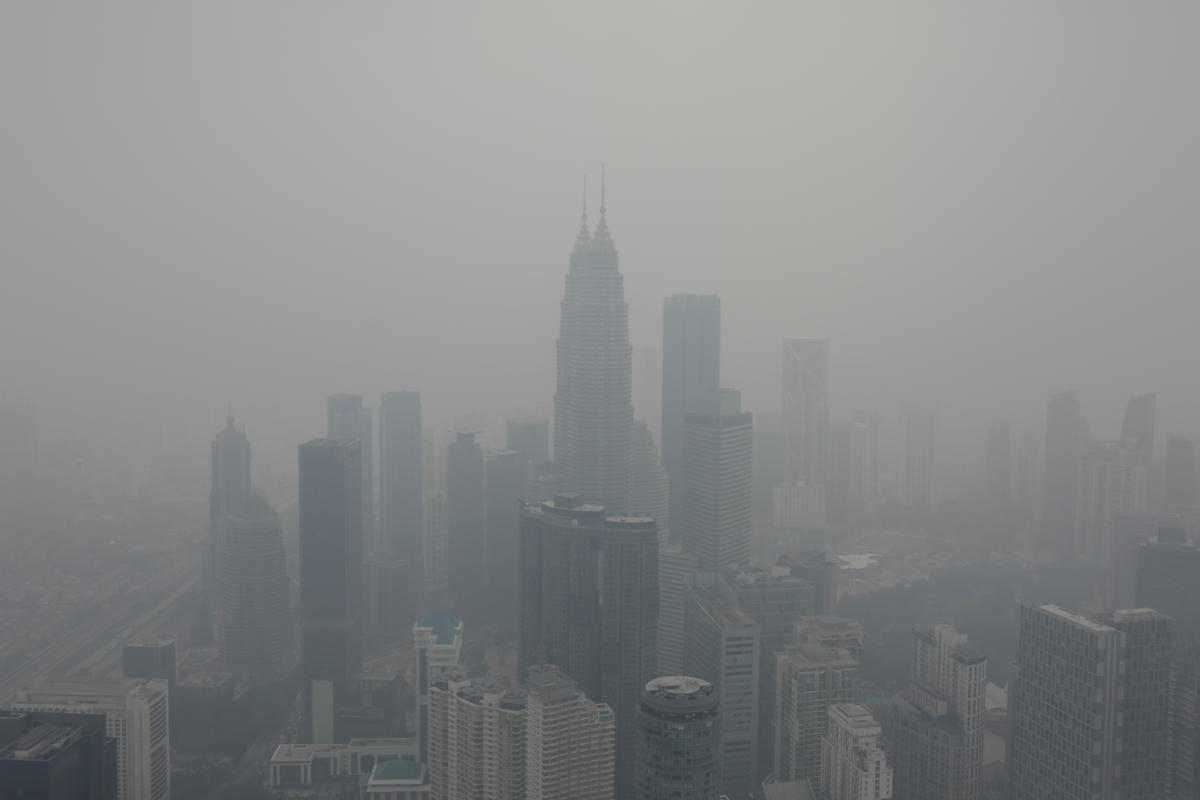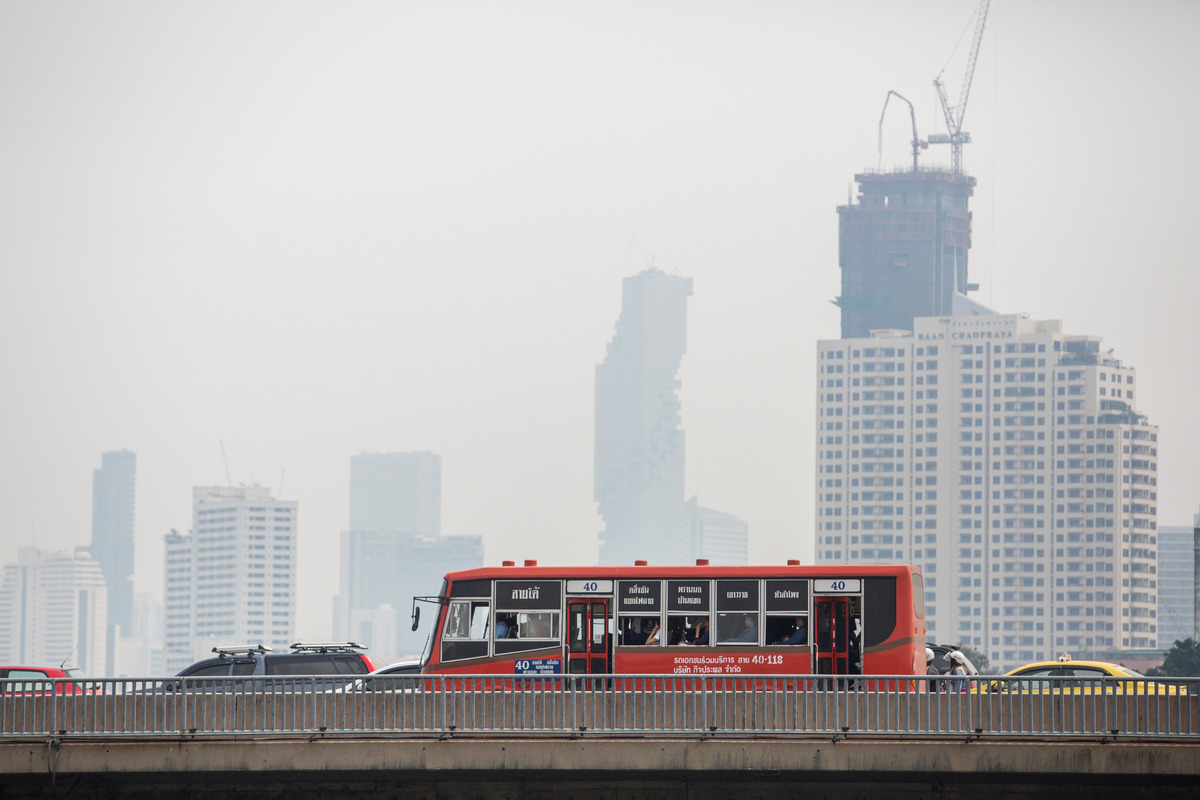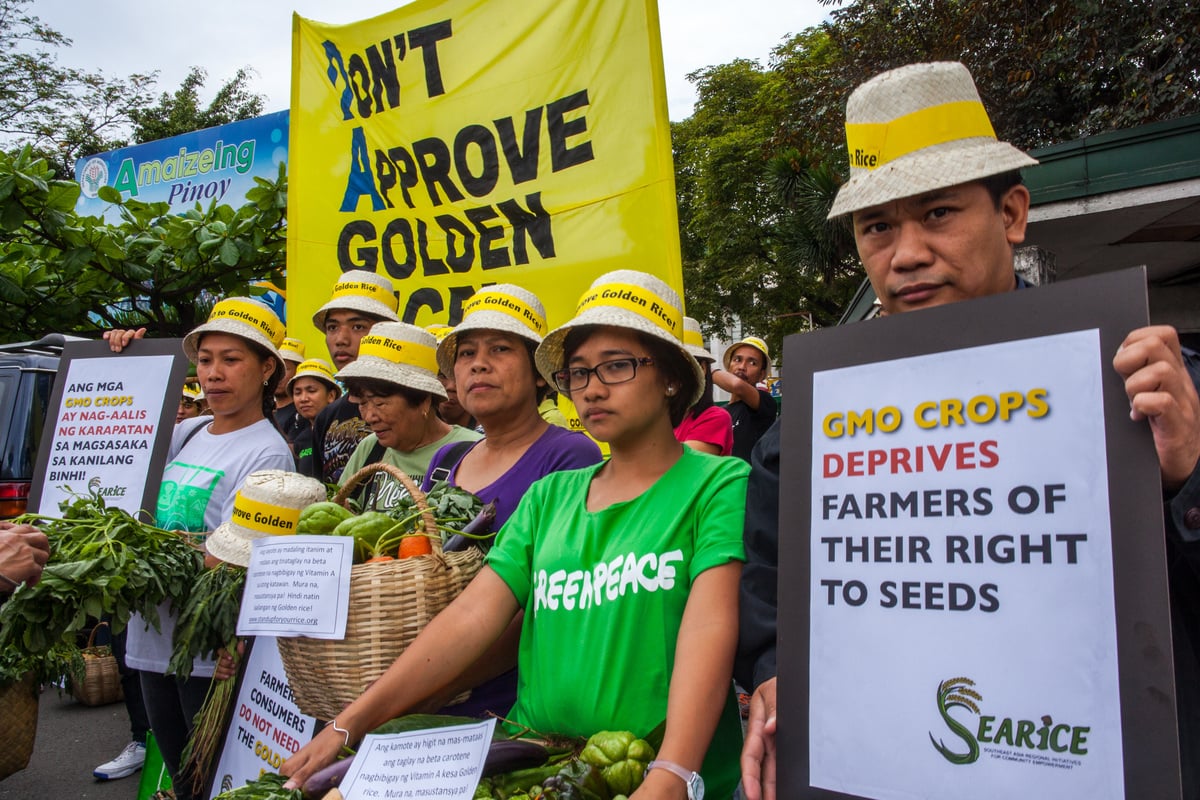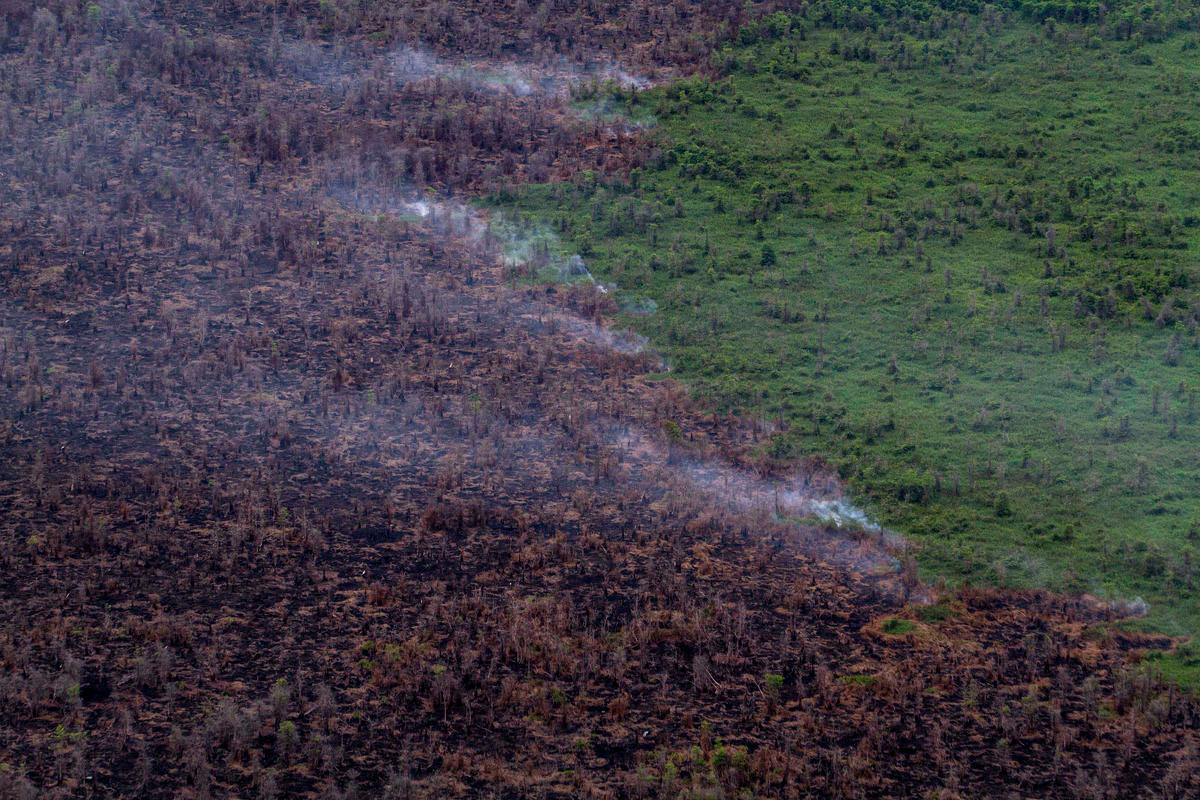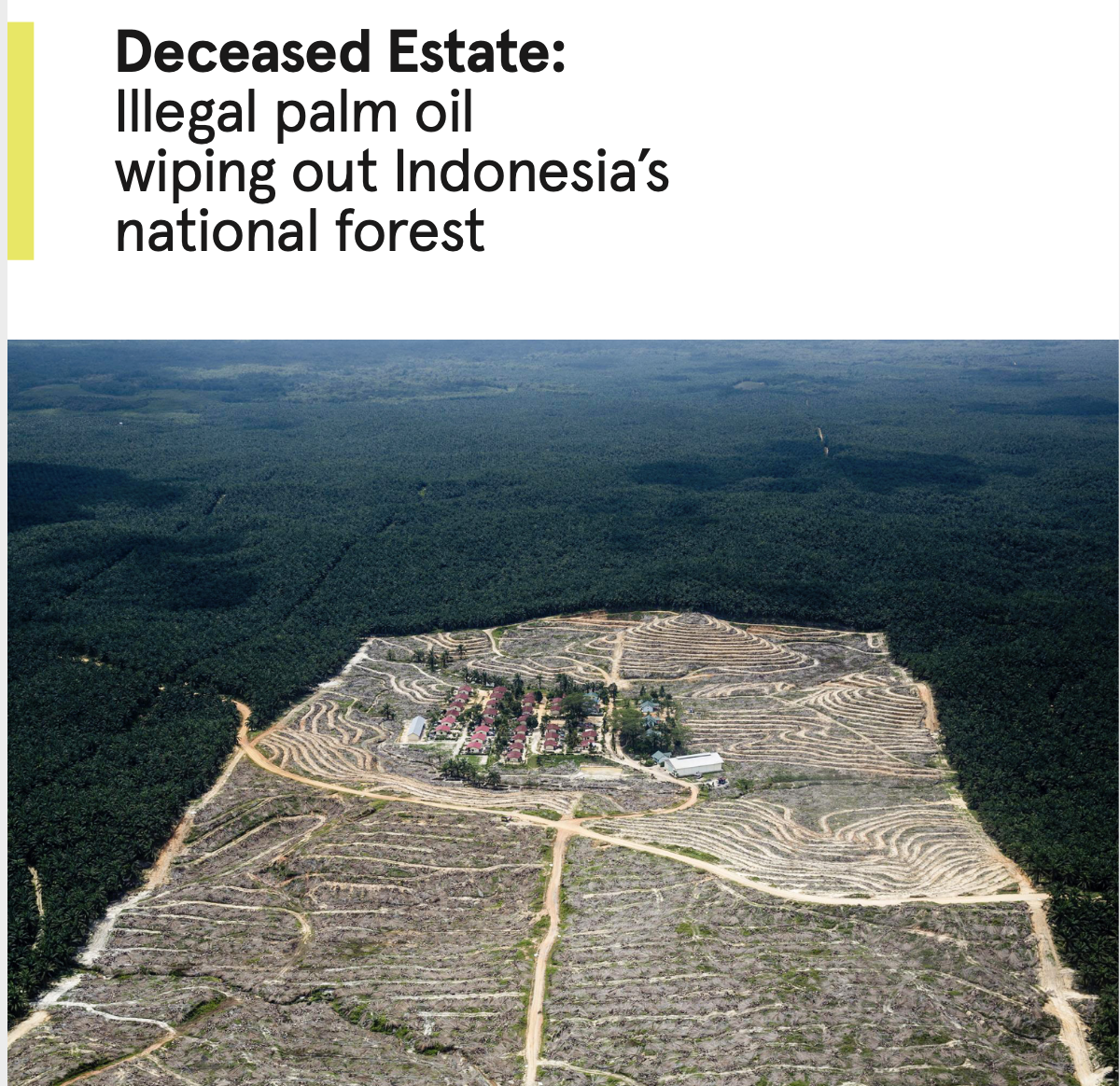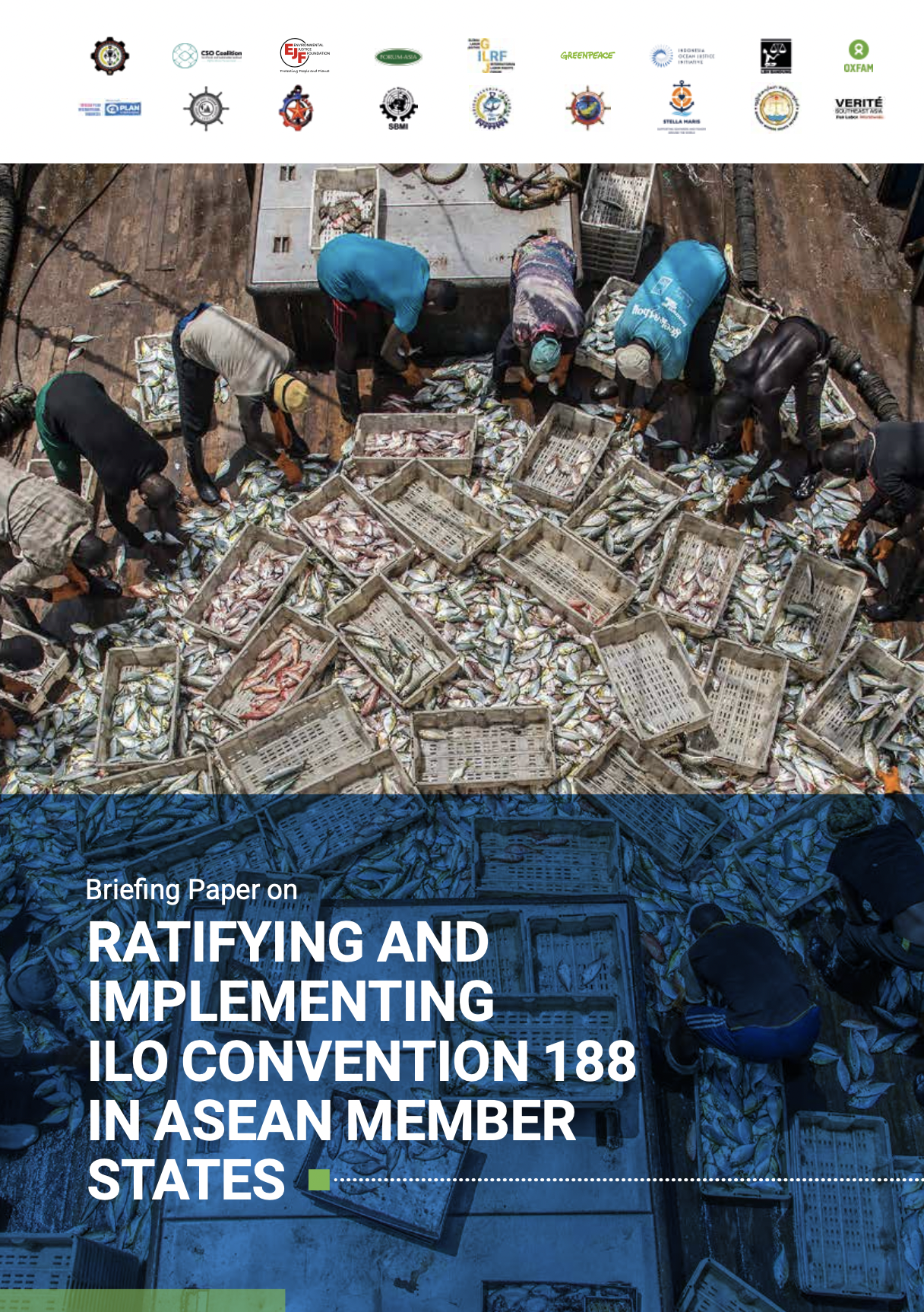-
10 Amazing Facts About Orangutans
Ever wonder what makes orangutans unique and distinct from other primates? We count down 10 fun facts about orangutans that you oughta know!
-
Fashion waste from Nike, Clarks and other top brands’ suppliers burnt in toxic kilns employing modern-day slaves in Cambodia
Aside from ecological and health hazards, the fashion waste investigation also puts the spotlight on Cambodia’s brick sector that has become infamous for human rights abuses, including debt-bondage – the most common form of contemporary slavery.
-
Minister Must Act Over Palm Oil Company’s Ongoing Environmental Law Breach in Papua
Greenpeace Indonesia investigators today presented fresh evidence that an oil palm company in Papua province is continuing forest clearing and other operations in defiance of orders by Environment Minister Siti Nurbaya and local investment officials.
-
The State of Air Quality in Malaysia
It will be important for Malaysia to revise its own standards in line with the WHO’s as any and all improvements to air quality could yield massive health and economic savings for the country.
-
Air pollution responsible for 29,000 deaths across 31 Thai provinces in 2021— Greenpeace
In Bangkok, average PM2.5 concentrations exceeded the WHO’s annual mean Air Quality Guideline during every month of 2021 and were as high as nine times the WHO annual mean guideline during the worst polluted month of February, according to the Greenpeace report.
-
Greenpeace Philippines condemns varietal approval for so-called “golden” rice
Instead of ramping up support for farmers who are coping with skyrocketing costs of fuel, fertilizer, food and other farm inputs, and the snail’s pace release of subsidies, the DA has chosen to prioritize and even greased up the wheels of approval for a GM crop that has no proven benefits to farmers and consumers.
-
Coal import dependence to worsen energy security in Southeast Asia; Governments must maximize Clean and Renewable Energy – Greenpeace
Following the Indonesian government’s decision to ease its temporary ban on coal export, environmental organization Greenpeace Southeast Asia warned that more energy crises will arise if governments continue their dependence on fossil fuel imports.
-
Inaction over illegal palm oil in Indonesia’s megadiverse forest estate jeopardises people and planet
Indonesia’s national forest estate is riddled with illegal palm oil plantations, according to an analysis by Greenpeace Indonesia and TheTreemap.
-
Deceased Estate: Illegal palm oil wiping out Indonesia’s national forest
Indonesia’s remaining forests are at the nexus of intersecting crises of dwindling biodiversity, climate change and Indigenous rights violations. Megadiverse and carbon rich, these forests are home to over 2,000 Indigenous communities for whom cultural identity and livelihood are bound up with the land.
-
Ratifying and Implementing ILO Convention 188 in ASEAN Member States: Briefing Paper
There is rapidly growing concern over acts of forced labour and human trafficking in the fishing industry on a global scale.

